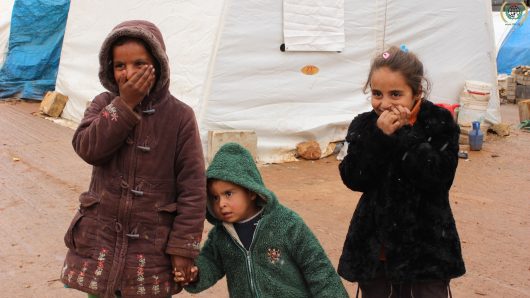Syrian Mental Health

During a 2015 study, the German Federal Chamber of Psychotherapists found that half of Syrian refugees had mental issues, while nearly three-quarters of those affected have witnessed violence and 50 percent have been subjected to violence themselves. The United Nations High Commissioner for Refugees (UNHCR) cites that the most common clinical disorders regarding Syrian mental health are “depression, prolonged grief disorder, posttraumatic stress disorder and various forms of anxiety disorders.”
A Chinese study found that children who experience the deprivation of parental care are at higher risk of intellectual and emotional struggles. Larger volumes of gray matter, which indicates “insufficient pruning and maturity of the brain,” appeared in children subjected to substantial parental absence.
Essential rights including education and access to health services are often absent among displaced refugees and children are more likely to be exposed to human trafficking. According to the United Nations High Commissioner for Refugees, Syrian refugees total 4.8 million and almost half of that number are children.
The International Medical Corps (IMC) found that Syrian refugees and internally displaced persons (IDP) have extremely limited access to mental health facilities and 54 percent suffer from severe emotional disorders like depression and anxiety.
Refugee policies in Syria’s neighboring countries such as in Lebanon are also harmful to fostering Syrian mental health for refugees, such as the inability for the establishment of permanent refugee camps and forbiddance of Syrians to work in the country. The United Nations Population Fund (UNFPA) found that 41% of Syrian youth in Lebanon have experienced suicidal compulsions.
However, during the Obama administration in the summer of 2016, Secretary Kerry announced a rise of an additional $439 million in humanitarian assistance for Syrians including increased access to mental health services. Emergency relief funding aims to support non-governmental organizations (NGOs), international organizations and United Nations operations, especially those addressed in the eight billion dollars U.N. appeal of 2016 for Syrian aid. Included in the funding is $130 million to the UNHCR to provide mental health support and child protection for IDPs and refugees, while an additional $36 million to Turkey also provides mental health support through the International Organization for Migration (IOM).
– Amber Bailey
Photo: Flickr
